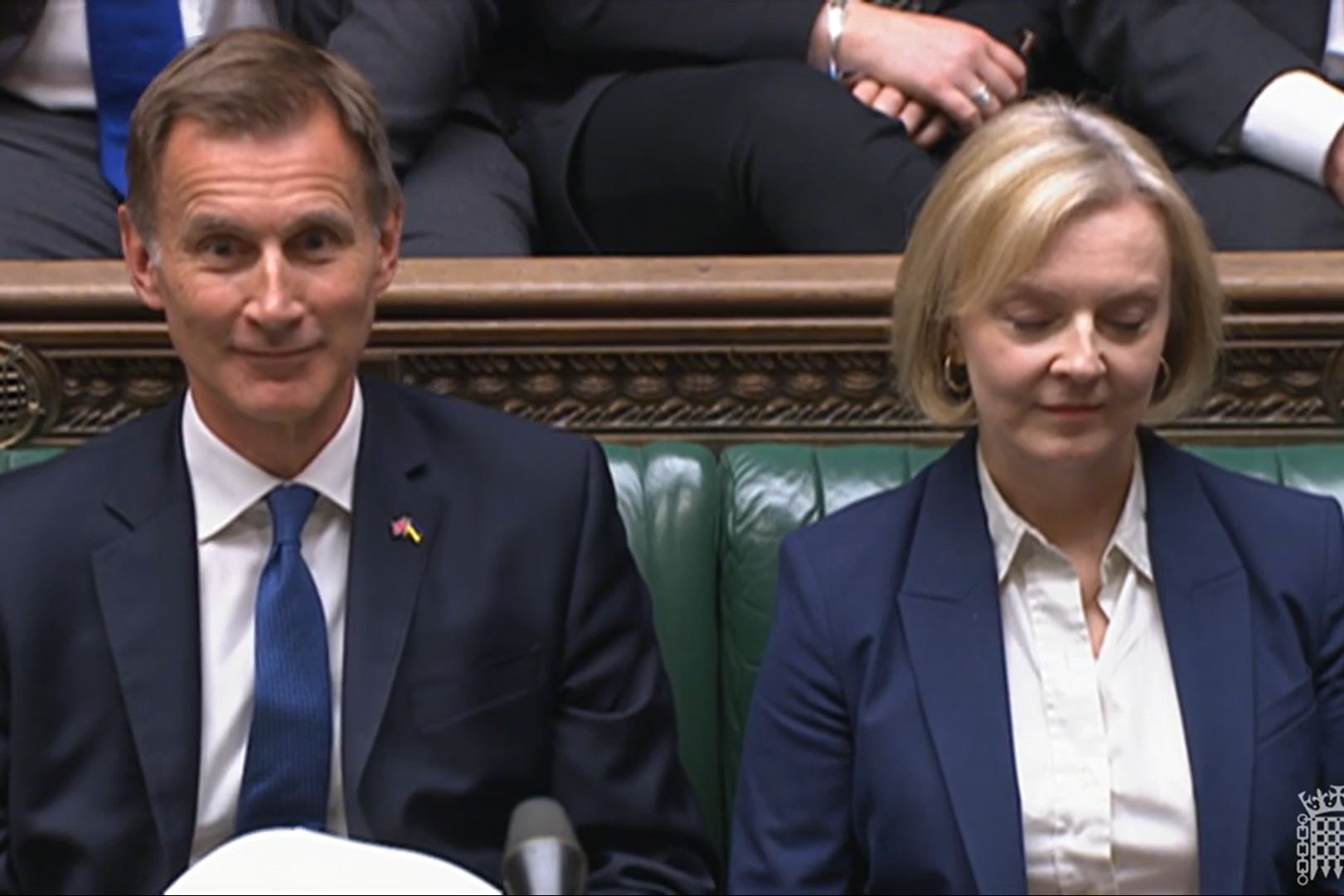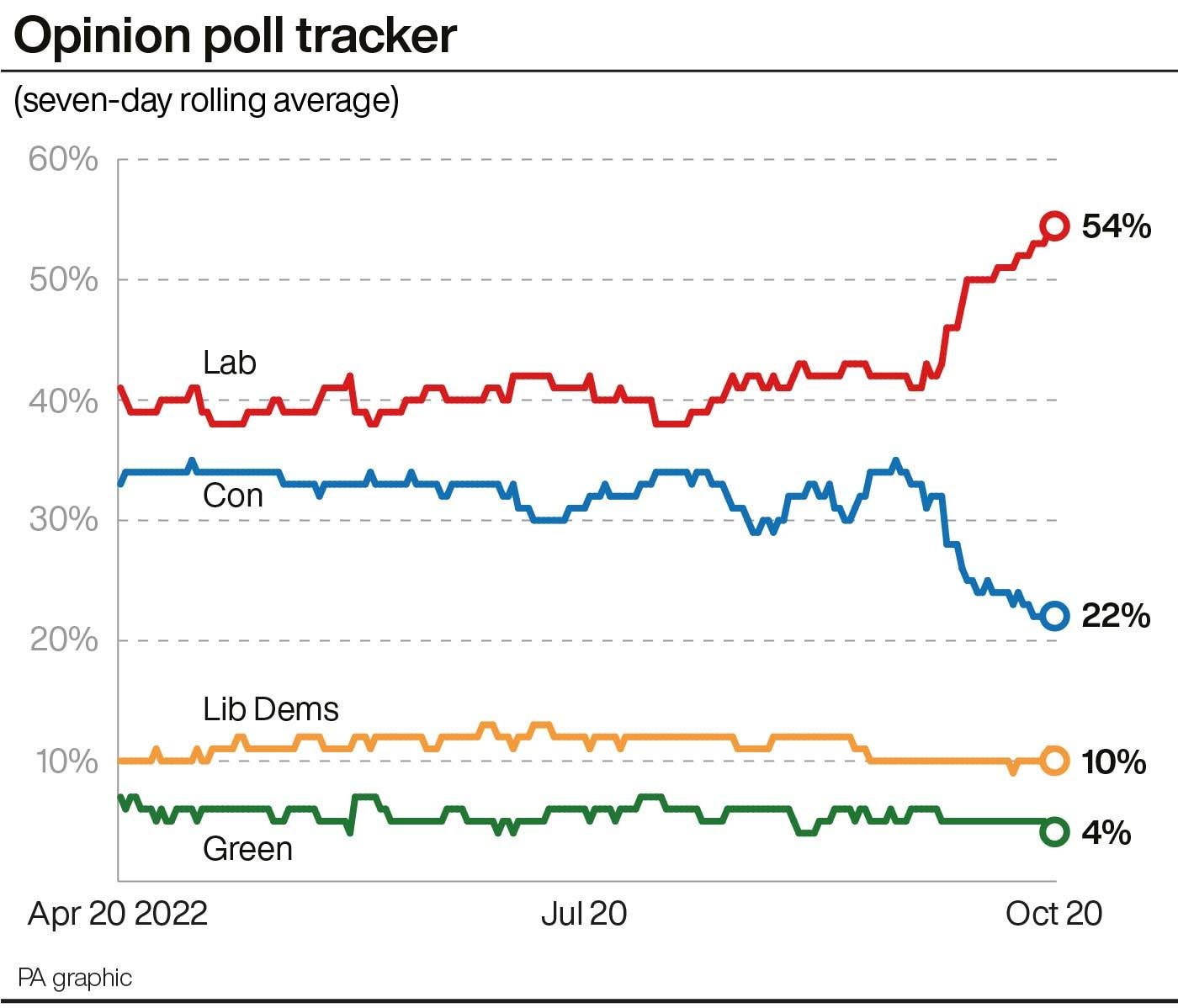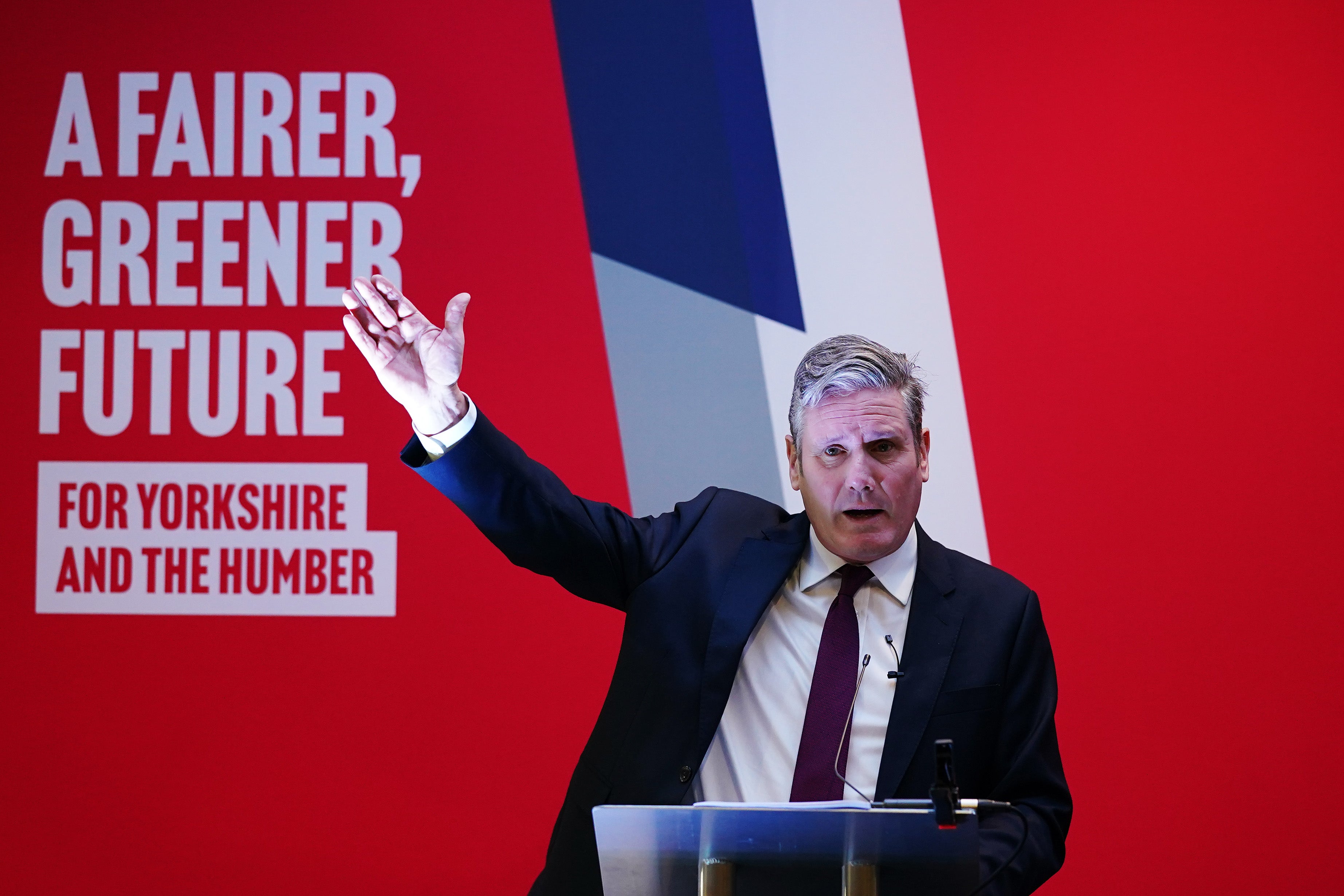When is the next general election?
Labour is calling for voters to have their say on the next prime minister after Liz Truss resigns
Labour has taken a huge 36-point lead over the Conservatives, according to a recent poll which would see the governing party facing electoral wipeout if a general election were to be held soon.
Keir Starmer's party has surged ahead in voting intention surveys following weeks of economic chaos caused by Liz Truss and Kwasi Kwarteng's mini-Budget, most of which was dramatically reversed by new chancellor Jeremy Hunt on Monday.
Mr Starmer has said that his party is ready to deliver an election manifesto "at speed" and this week members of his shadow cabinet began receiving training on how to govern, delivered by the Institute for Government think tank.
The Labour leader renewed his demand after Ms Truss resigned on Thursday.
Are Mr Starmer's demands for a general election to be held in the coming months realistic? Who has the power to call for a vote and what would have to happen if one is called early?
Who has the power to call a general election?
Only the prime minister of the day has the power to call a general election.
According to the Dissolution and Calling of Parliament Act 2022, the prime minister is able to "request a dissolution at the time of their choosing".
This means Ms Truss could simply visit the King and ask him if she can hold an election.
Does parliament have a say?

Under the act, a general election is triggered by the dissolution of parliament, although the act "does not envisage a role for parliament" in deciding when a general election is held.
This means that MPs do not have to be given a say on when a general election can be held.
The 2022 act replaced the Fixed-term Parliaments Act 2011, which said that general elections could only be held every five years.
Why is Labour calling for a general election?
It is the job of the opposition to hold the government of the day to account and, ultimately, try to replace it - that is just how politics works.
But Labour has ramped up its calls for a general election because the party argues that Ms Truss no longer has a mandate to govern the country.
Under our parliamentary system, the party with a majority is entitled to form a government.
This is why, after winning her party's leadership contest in the summer, Ms Truss replaced Boris Johnson as prime minister after winning her party's leadership race during the summer.

But she won that contest on a platform of promises that were dismantled by Mr Hunt as he ripped up her economic plans in a bid to bring stability to the markets after weeks of turmoil, which saw the pound plunge to record lows.
Mr Hunt and his colleagues say that now is not the time for a general election, arguing that it would cause political instability.
Reports say that a large number of Conservative MPs, however, believe that Ms Truss cannot continue in office, although there is no obvious "unity" candidate to replace her among a bitterly divided Conservative Party.
There have also been reports that the 1922 Committee of backbenchers - which organises leadership contests - wants to avoid going to the party members who put Ms Truss in office.
The crowning of a new leader, however, could then face the same questions over the legitimacy - having no mandate from the public or the Conservative Party.
When will the next election take place?

As things stand, the latest date at which the next general election could take place under the law is January 2025. That’s because, under the old act, elections were held every five years, although many analysts expected it to come in the previous year.
The last one was held in December 2019, when Mr Johnson won a landslide victory after building a wide coalition of supporters that included Brexit voters - some of whom formerly supported parties led by Nigel Farage.
Embattled Ms Truss insisted on Monday night that she would lead her party into the next general election, whenever it may come.
Mr Hunt had been among the names put forward as a replacement for Ms Truss but has ruled it out.
Join our commenting forum
Join thought-provoking conversations, follow other Independent readers and see their replies
Comments
Bookmark popover
Removed from bookmarks